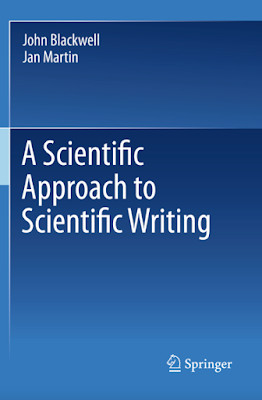From proposal to examination, producing a dissertation or thesis is a challenge. Grounded in decades of experience with research training and supervision, this fully updated and revised edition takes an integrated, down-to-earth approach drawing on case studies and examples to guide you step-by-step towards productive success.
Early chapters frame the tasks ahead and show you how to get started. From there, practical advice and illustrations take you through the elements of formulating research questions, working with software, and purposeful writing of each of the different kinds of chapters, and finishes with a focus on revision, dissemination and deadlines. How to Write a Better Thesis presents a cohesive approach to research that will help you succeed.
Read more: How to Write a Better Thesis, 3rd edition
 |
How to Write a Better Thesis, 3rd edition By David Evans, Paul Gruba,
Justin Zobel 2014 | 184 Pages | ISBN: 3319042858 | PDF | 2 MB
|
Download: 1. books.google.com.np



